 Del Rey, 1978
Del Rey, 1978
Since embarking on a science fiction writing career in 1937, Frederik Pohl has swiftly and decidedly attained the title of consummate extraordinaire and expert within the field of science fiction.
Besides producing a lengthy archive of critically acclaimed science fiction novels and short stories, he has plied his skills in teaching, editing, and critiquing science fiction.
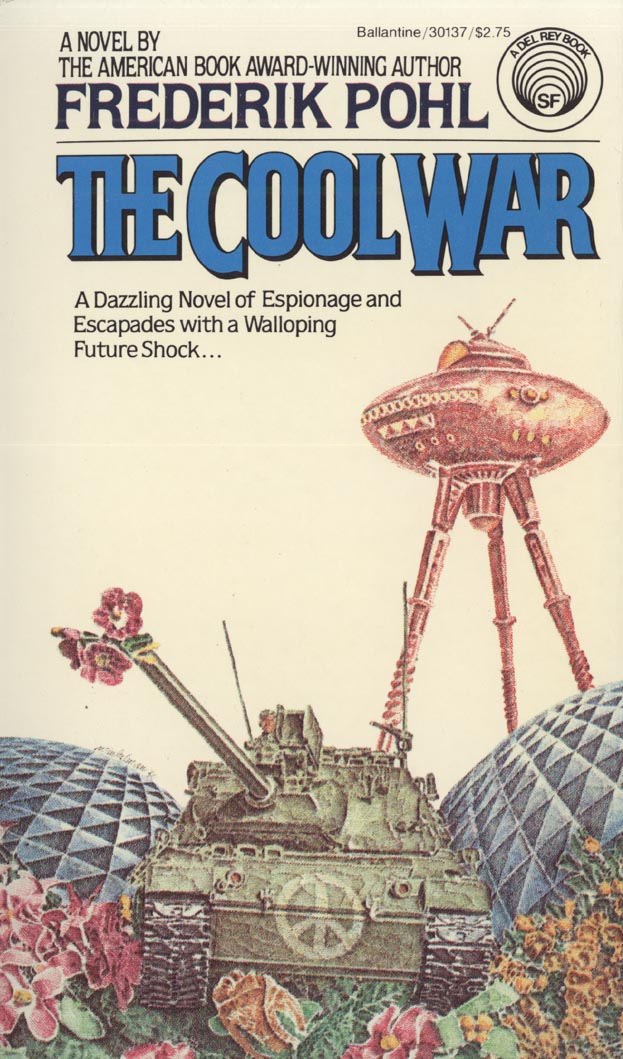 Ballantine Books, 1982
Ballantine Books, 1982
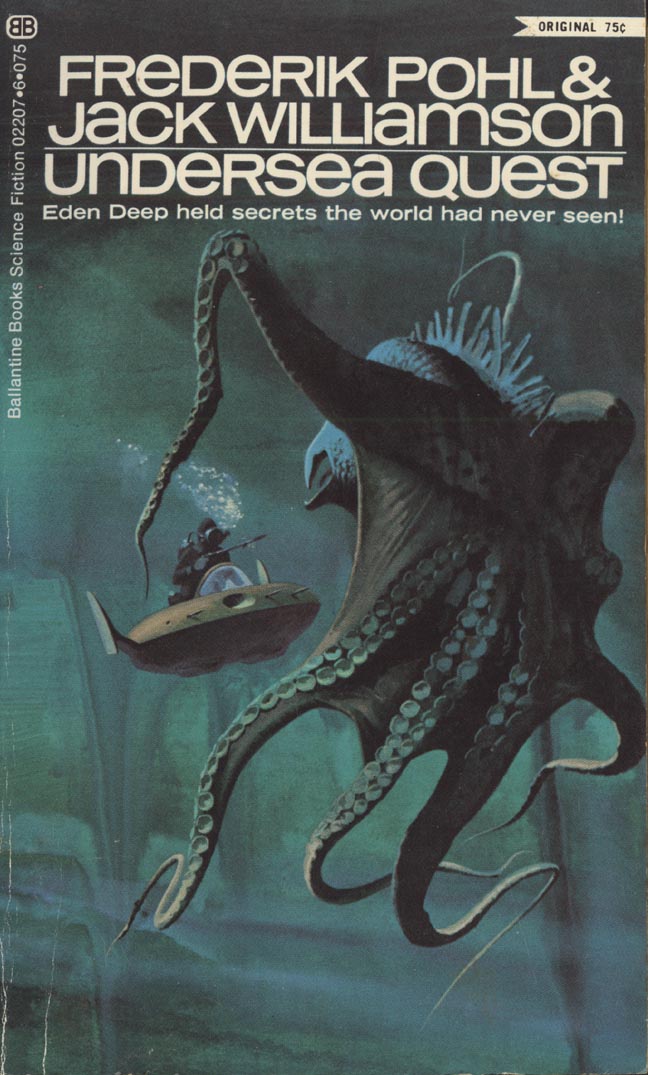 Ballantine Books, 1971
Ballantine Books, 1971
Pohl is globally regarded as a science fiction conference lecturer but he can also lay claim to accomplishments in other literary categories as well.
One notable example of this includes a written collaboration with Issac Asimov in "Our Angry Earth," a book focusing on global environmental issues.
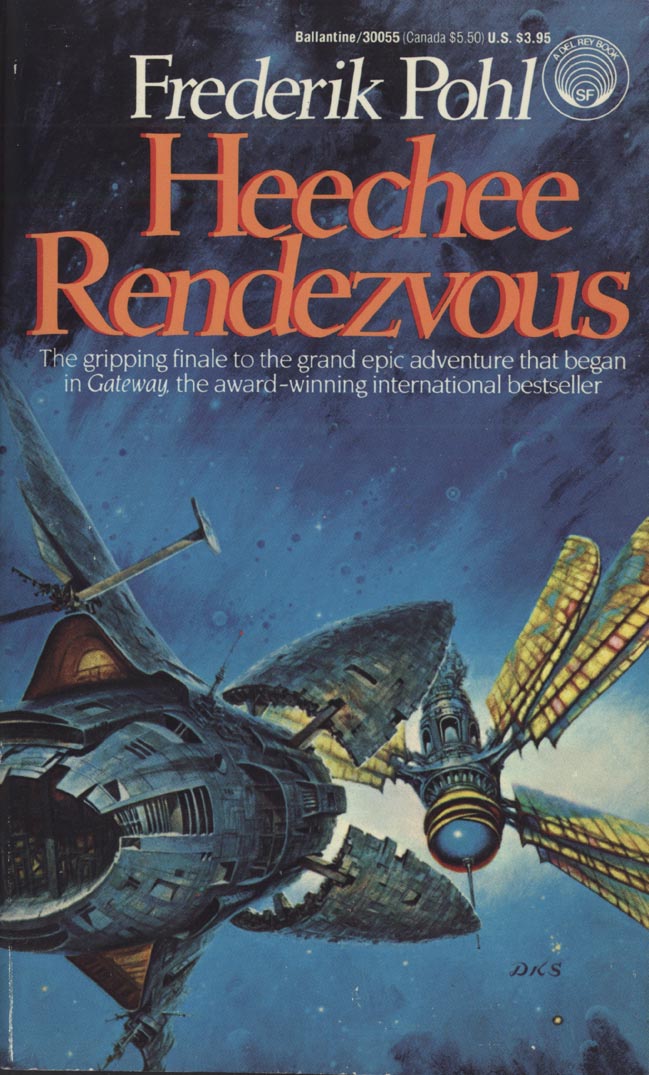 Del Rey, 1984
Del Rey, 1984
Frederik Pohl has amassed a wealth of awards and recognitions, including the Edward E. Smith and Donald Wolheim Memorial Awards, the International John W.
Campbell Award (twice), the French Prix Apollo, the Yugoslavian Vizija, the Hugo (six times, as both a writer and editor), the Nebula (three times), and the “Grandmaster” Nebula for lifetime contribution to the field of science fiction.
In the literary field, he has won his share of accolades for outstanding writing, notably: the American Book Award, the Popular Culture Association Annual Award as well as the United Nations Society of Writers Award.
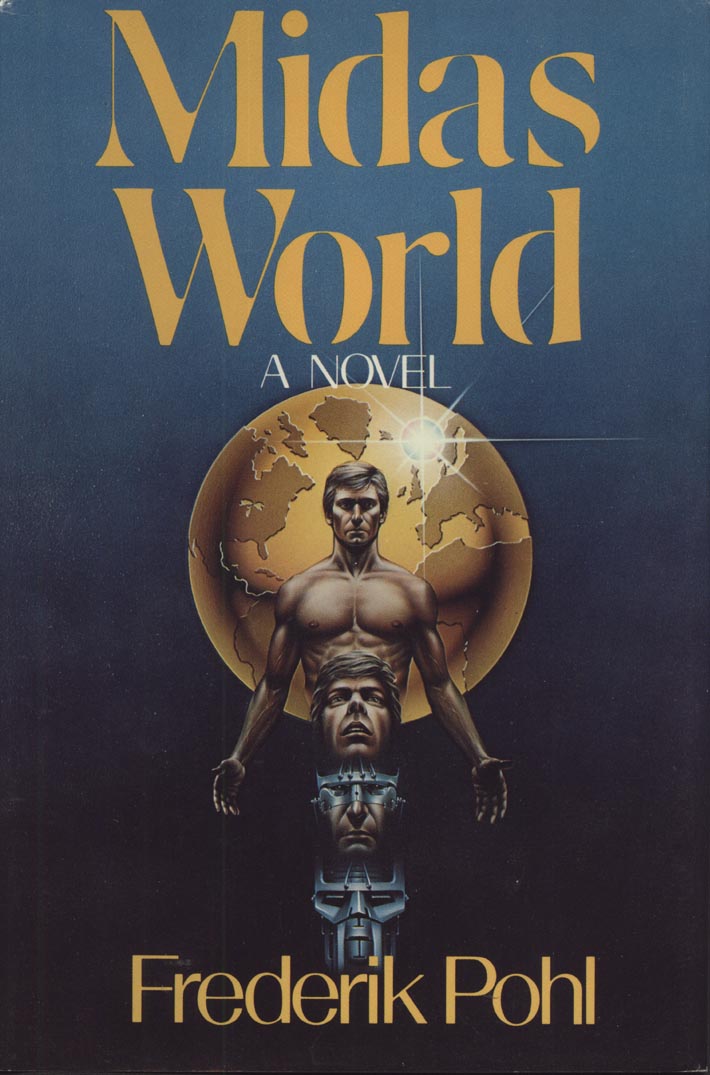 St. Martin's Press, 1983
St. Martin's Press, 1983
It is not at all surprising that Frederik Pohl’s globally recognized contributions have been adapted to radio, television, and film projects throughout the United States and Europe.
Of particular significance is
The Midas Plague, a critically acclaimed novel that was later adapted for a 3 hour German television program. In Italy, Pohl’s
The Tunnel Under the World was cast as a feature film.
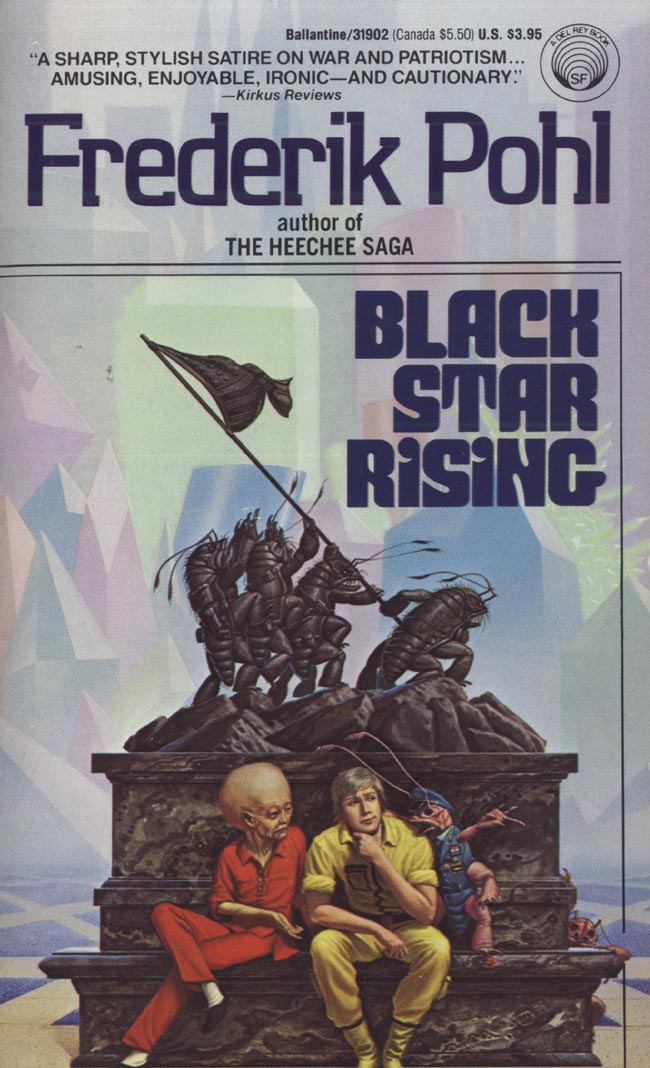 Del Rey, 1985
Del Rey, 1985
Today, Frederik Pohl concentrates his enthusiasm on his dual pursuits of writing and lecturing at scientific conferences worldwide.
He completed his most recent novel,
The Boy Who Would Live Forever, to critical raves, in 2004. Luckily for the legions of fans that he has inspired through the years, he shows no signs of wearing enthusiasm for his chosen medium.
Check out the following websites for more information on Frederik Pohl:





